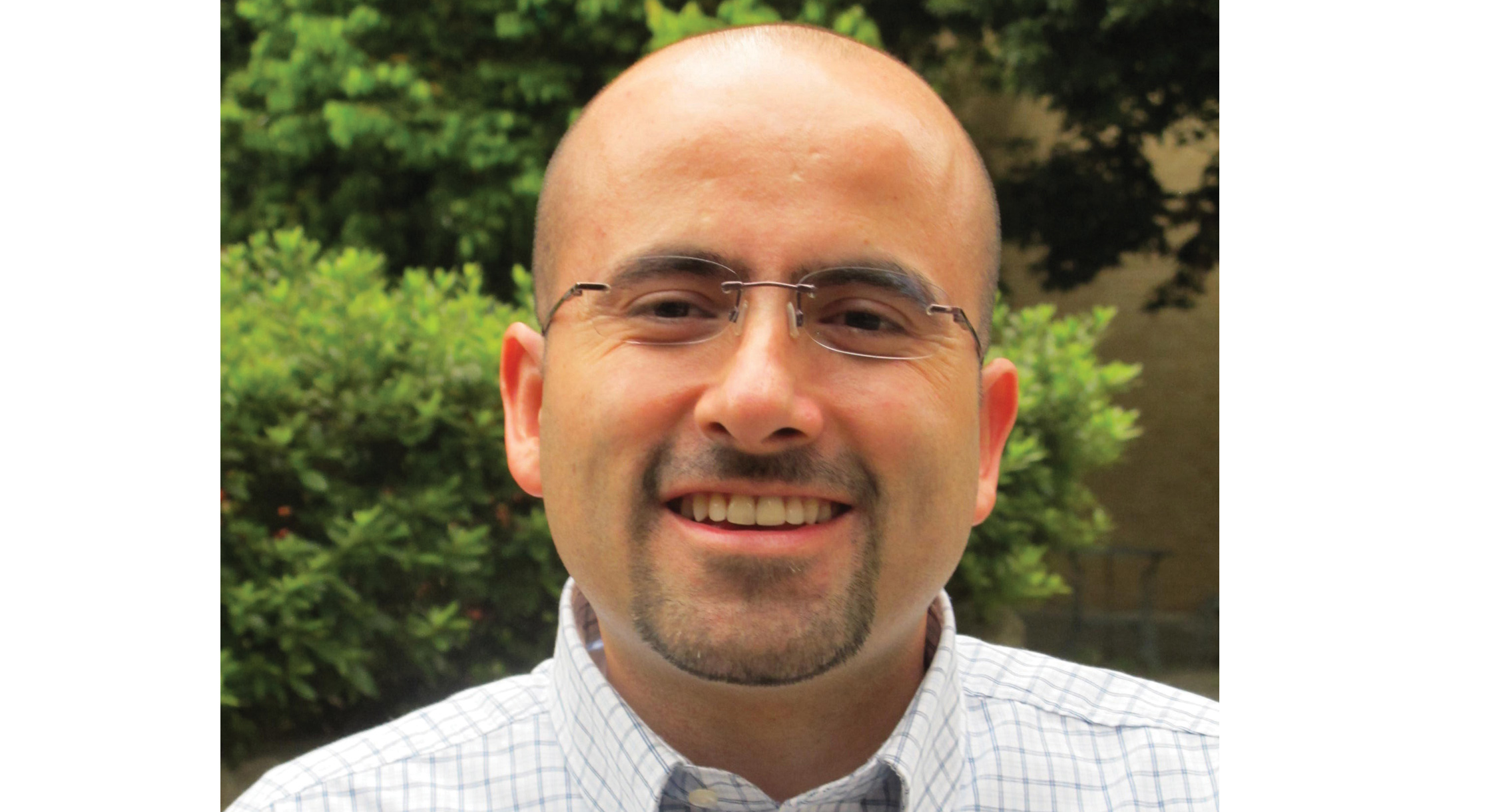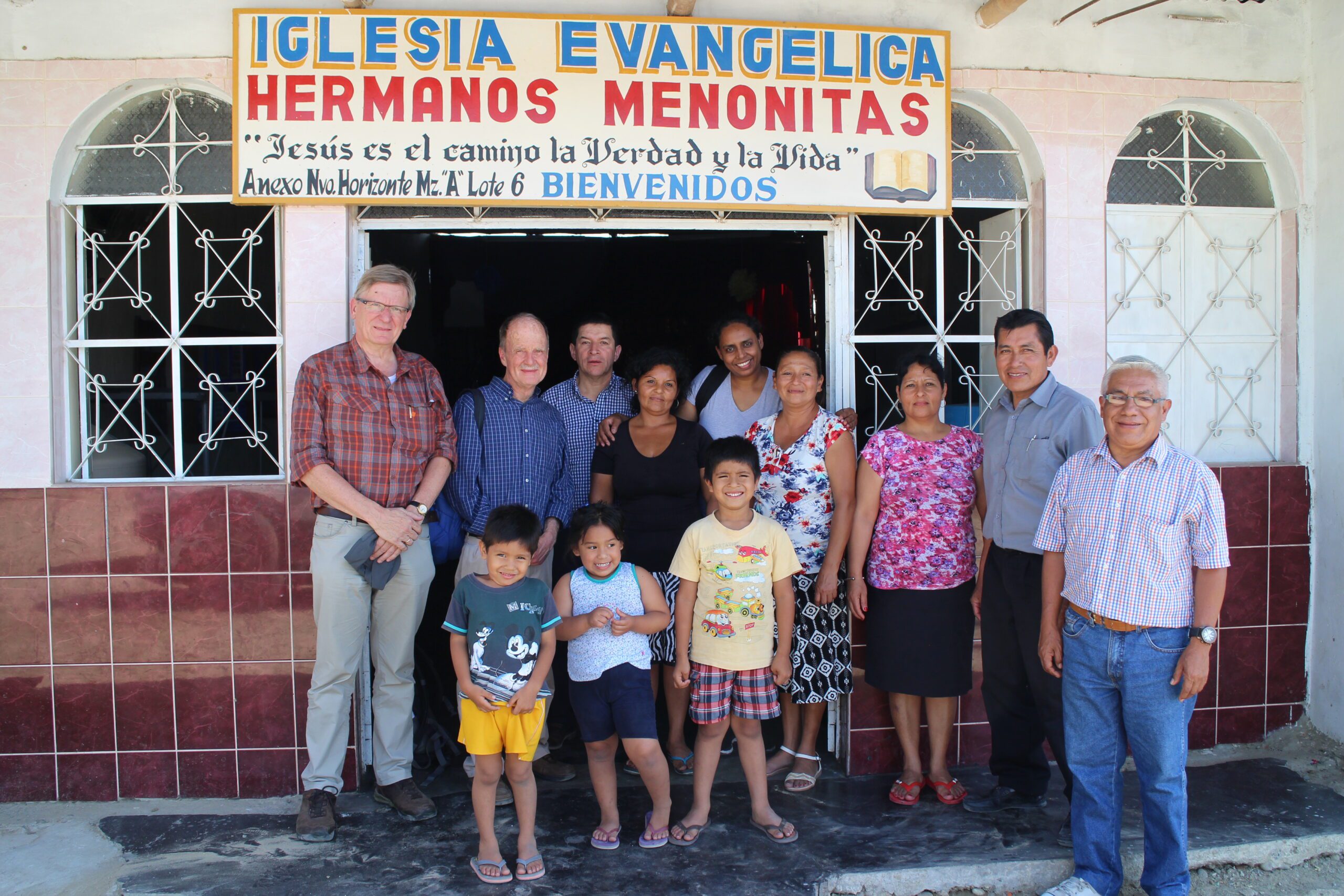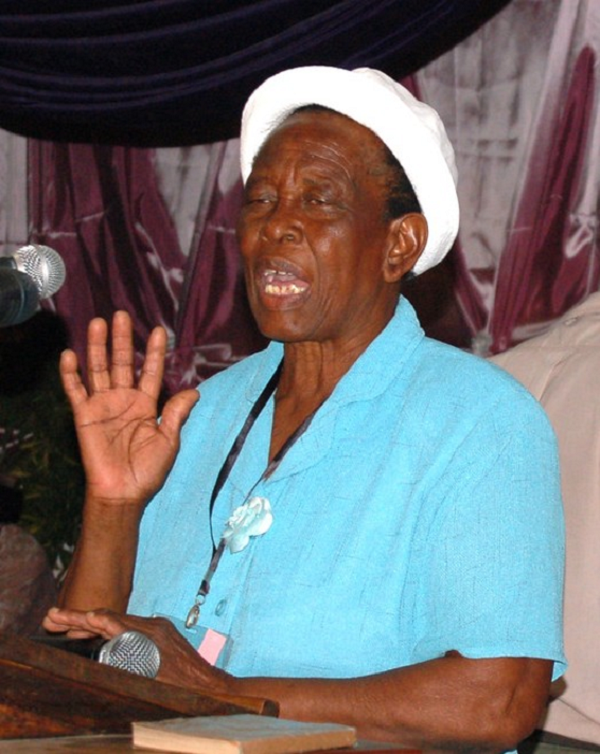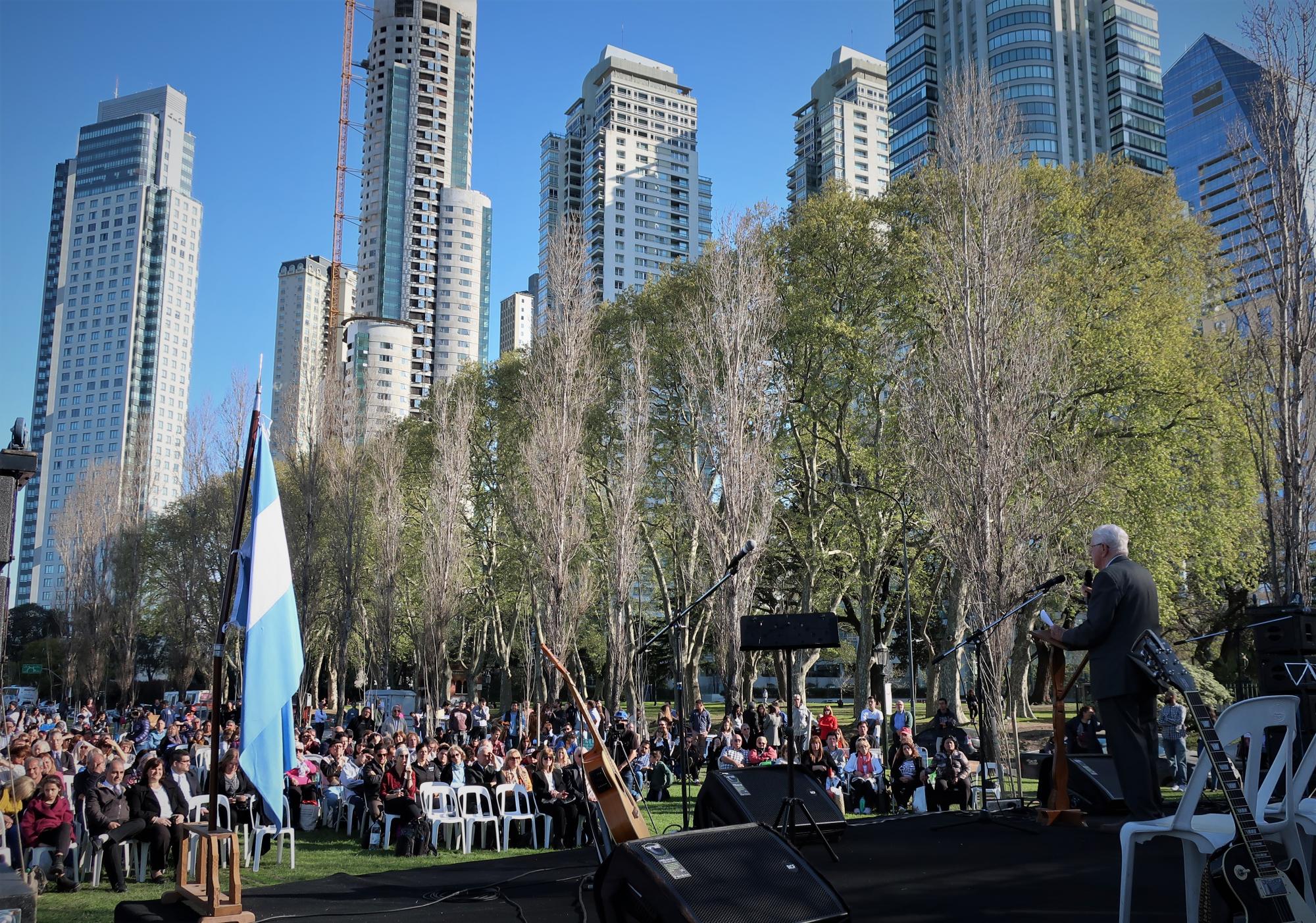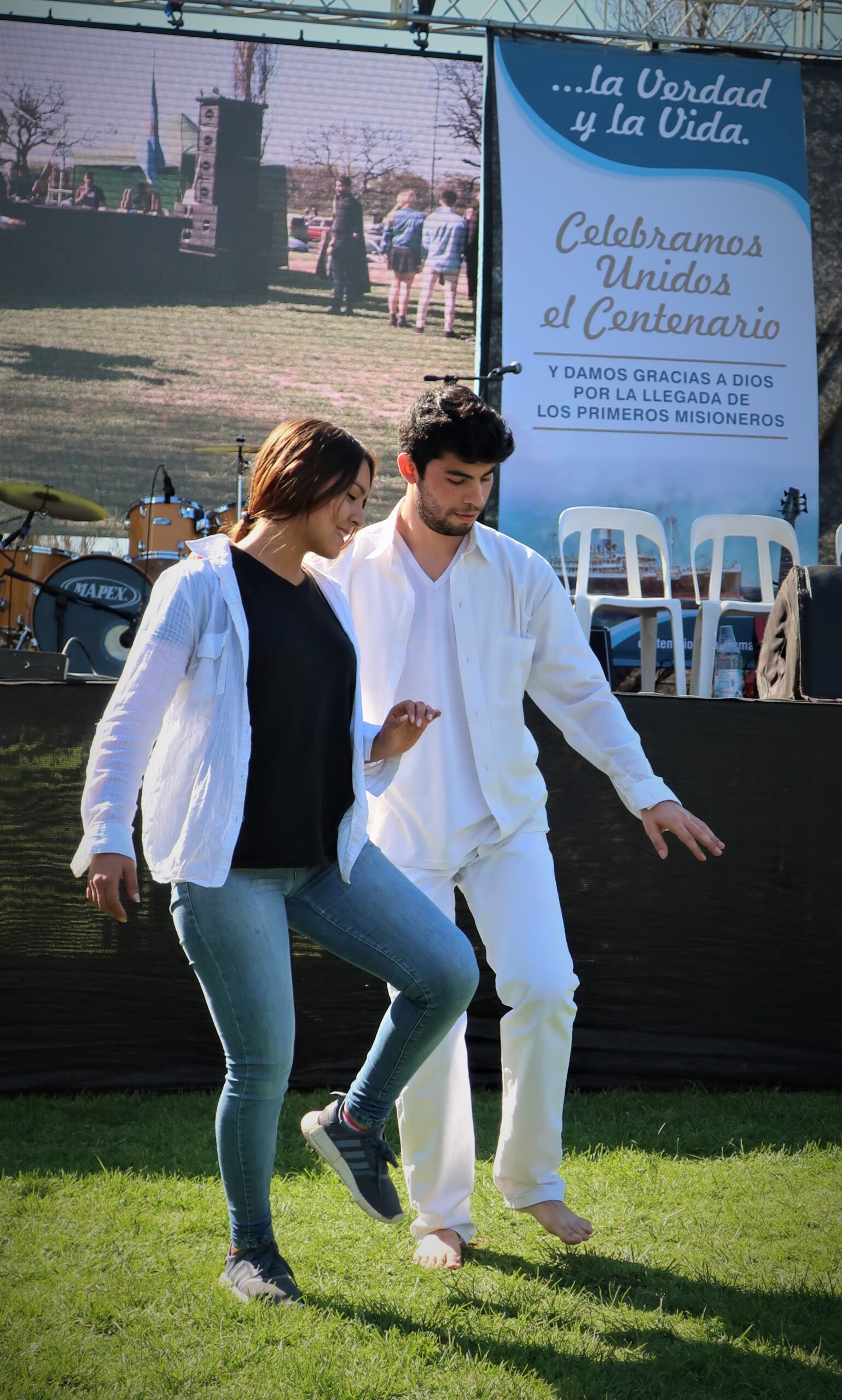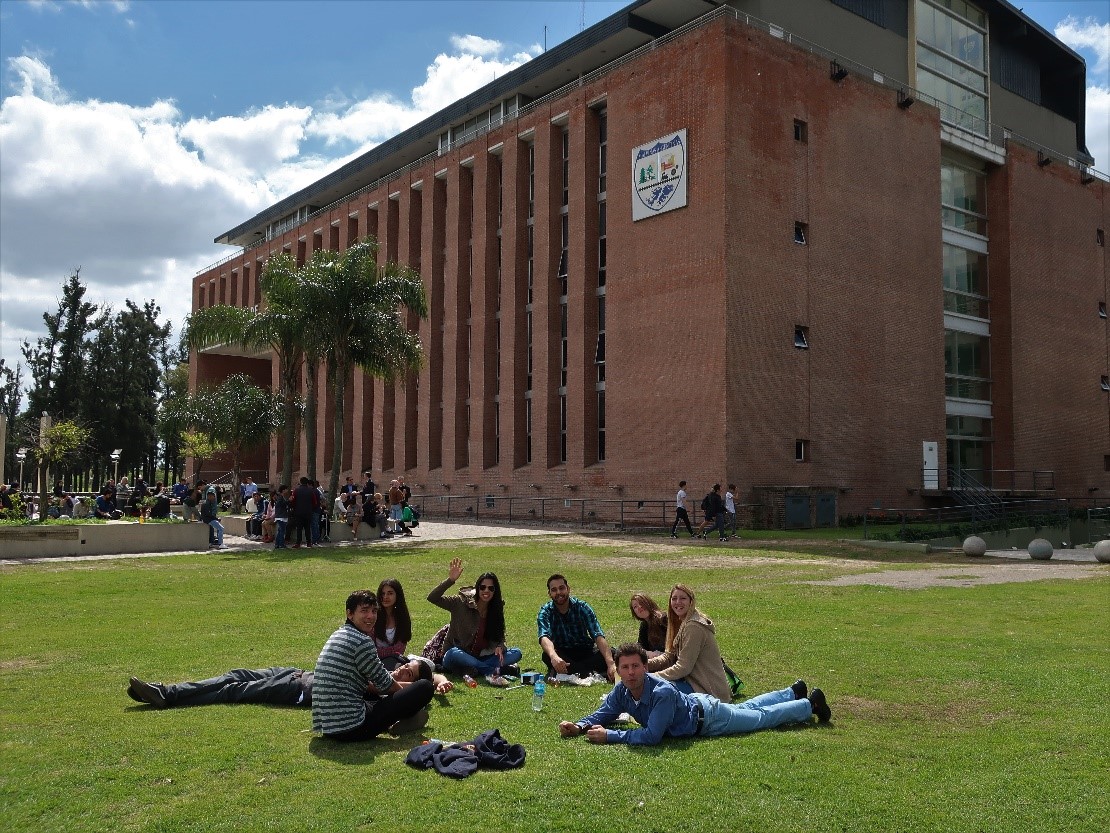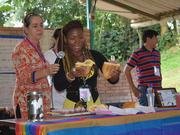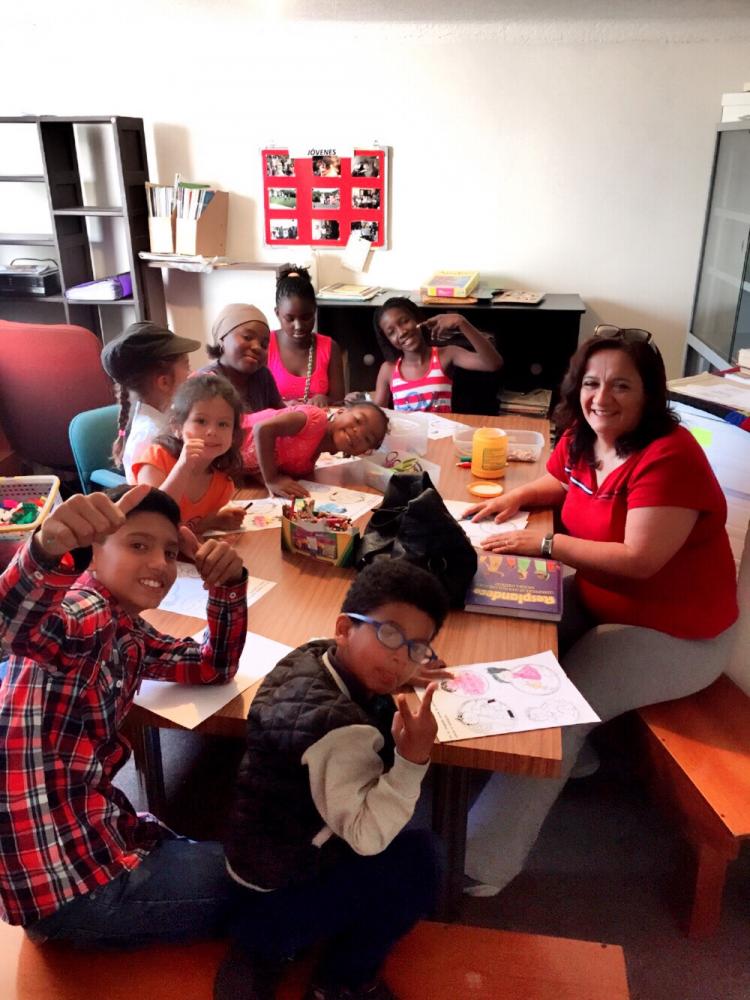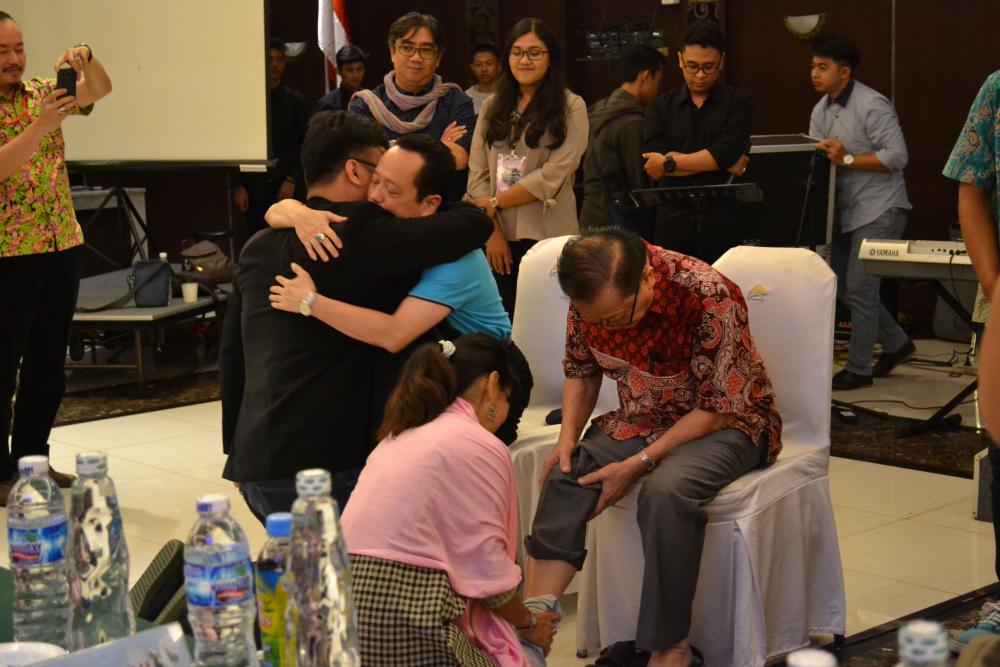-
Transformed by the Word
“Renewal 2027” is the name that Mennonite World Conference has chosen to mark the decade of regional events that will be held to commemorate the five centuries our faith community has existed. We would like to approach these 10 years of commemorative acts by focussing on the global, ecumenical and transcultural perspectives on our history.
-
Christmas around the world
Christian communities around the world celebrate Christmas together yet each culture has their own traditions. Here, Anabaptist brothers and sisters from different regions share how they celebrate. Light The Netherlands Christmas is my favourite time in the year. I associate it with Christmas music, candlelight and good times with family and friends. Most importantly, Christmas
-
Representatives and resources
Bogotá, Colombia – Mennonite World Conference weaves a web of connections within the Anabaptist Mennonite family around the world through website, emails, social media, publishing and relations with other organizations. Here are some new connecting points. Who is MWC and what do we do? Watch our Year in Review video coming in January. For special
-
MWC responds in solidarity to disasters
Winnipeg, Manitoba, Canada – “Our hearts were left totally destroyed…but thanks to MWC, who have come to visit us and have given us this uplifting and encouraging word, a word of hope and love,” says Antonio García Dominguez, leader of Conferencia Peruana Hermanos Menonitas. Mennonite World Conference and Mennonite organizations collaborated to live out faith
-
Stop and listen
Nellie is a woman who has achieved many firsts against many odds in the Brethren In Christ Church (BICC) in Zimbabwe. She has been a valued lay preacher right through life, particularly in large gatherings such as conferences.
-
Canadian seniors give for sustainability
Winnipeg, Manitoba, Canada – Eighty-nine-year-old John Penner still goes to work three times a week in the business he co-owns with his sons in Calgary. Travelling days are over – he walks with cane and his wife Katie relies on a walker – but “we are trying to keep ourselves busy and also to help other
-
Drama and mission as Argentine Mennonites celebrate one hundred years
Performing before hundreds of Mennonites and passersby at a park in downtown Buenos Aires 16 September 2017, a drama troupe from the Mennonite church in Villa Adelina, Argentina, mimed challenges and struggles facing youth: violence, drugs, promiscuity, greed, and death itself. Representing Argentinian youth, actor Laura Burgos sometimes seemed mesmerized as actors impersonated threats, but
-
Mission Commission calls Anabaptists to urgency in mission
Like the chambers of a heart, the four MWC commissions serve the global community of Anabaptist-related churches, in the areas of deacons, faith and life, peace, mission. Commissions prepare materials for consideration by the General Council, give guidance and propose resources to member churches, and facilitate MWC-related networks or fellowships working together on matters
-
Reconciling witness after tragedy in Argentina
When Mennonites of Argentina planned a mission conference to mark the 100th anniversary of Anabaptist witness in their country, they received an unexpected gift: free use of the Palacio Municipal (municipal building) in Malvinas Argentinas, a suburb of greater Buenos Aires. That generosity came due to a tragedy that grabbed the nation’s attention a year
-
A transformative year: YAMEN participants meet God and people
Bogotá, Colombia – “The gospel connects us all no matter where we are,” says Laurey Segura. She lived out this realization as a teacher and youth worker with the help of Young Anabaptist Mennonite Exchange Network (YAMEN), a joint Mennonite Central Committee (MCC) and Mennonite World Conference (MWC) program which allowed the Costa Rican Mennonite
-
Mennonites in Quito pray and work for peace
Ana (not her real name), came to Ecuador from Medellin, Colombia, in 2016 after escaping from paramilitaries who had taken and kept her hostage for two years. She was subjected to various kinds of abuse and violence, the result of which was pregnancy. In addition, she was forced to commit a number of crimes. Although
-
Deacons: servants in the Father’s house
Like the chambers of a heart, the four MWC commissions serve the global community of Anabaptist-related churches, in the areas of deacons, faith and life, peace, mission. Commissions prepare materials for consideration by the General Council, give guidance and propose resources to member churches, and facilitate MWC-related networks or fellowships working together on matters
